-
 Bitcoin
Bitcoin $117800
-3.15% -
 Ethereum
Ethereum $4539
-3.66% -
 XRP
XRP $3.072
-6.08% -
 Tether USDt
Tether USDt $1.000
0.02% -
 BNB
BNB $834.3
-1.03% -
 Solana
Solana $193.1
-2.71% -
 USDC
USDC $0.9997
-0.01% -
 TRON
TRON $0.3583
-0.87% -
 Dogecoin
Dogecoin $0.2233
-8.06% -
 Cardano
Cardano $0.9033
3.60% -
 Chainlink
Chainlink $22.34
-5.78% -
 Hyperliquid
Hyperliquid $44.87
-4.90% -
 Stellar
Stellar $0.4226
-6.29% -
 Sui
Sui $3.765
-5.57% -
 Bitcoin Cash
Bitcoin Cash $588.5
-3.94% -
 Ethena USDe
Ethena USDe $1.001
0.00% -
 Hedera
Hedera $0.2489
-5.54% -
 Avalanche
Avalanche $23.69
-5.77% -
 Litecoin
Litecoin $120.8
-6.90% -
 Toncoin
Toncoin $3.398
-2.63% -
 UNUS SED LEO
UNUS SED LEO $9.276
0.31% -
 Shiba Inu
Shiba Inu $0.00001285
-7.22% -
 Uniswap
Uniswap $10.92
-9.38% -
 Polkadot
Polkadot $3.991
-5.68% -
 OKB
OKB $94.79
-8.25% -
 Dai
Dai $0.9998
0.01% -
 Bitget Token
Bitget Token $4.553
-4.67% -
 Cronos
Cronos $0.1514
-8.71% -
 Ethena
Ethena $0.7243
-7.57% -
 Aave
Aave $310.5
-5.14%
How does Binance participate in cryptocurrency mining?
Binance strategically invests in and partners with crypto mining entities, avoiding direct operation due to regulatory complexities, environmental concerns, and operational overhead.
Mar 14, 2025 at 10:30 am

Key Points:
- Binance does not directly operate its own cryptocurrency mining facilities.
- Binance's involvement in mining is primarily through its investment arm and partnerships.
- Binance offers various services supporting the mining ecosystem, but not direct mining operations.
- Binance's indirect involvement focuses on providing infrastructure and access to mining resources.
- Regulatory complexities and environmental concerns likely influence Binance's approach to mining.
How Does Binance Participate in Cryptocurrency Mining?
Binance, one of the world's largest cryptocurrency exchanges, doesn't directly engage in cryptocurrency mining in the traditional sense. Unlike companies that own and operate vast mining farms with thousands of ASICs (Application-Specific Integrated Circuits), Binance's involvement is far more indirect and strategically focused. Their strategy centers on investment and partnerships within the mining ecosystem, rather than direct hardware operation.
Binance's involvement in the mining sector is largely driven by investment strategies. Through its venture capital arm, Binance Labs, it invests in promising blockchain projects, some of which might be involved in mining operations or related technologies. These investments allow Binance to gain exposure to the mining industry's growth and innovation without the operational overhead of running mining farms.
Furthermore, Binance leverages its extensive network and resources to facilitate access to mining-related services. This might involve providing financing options for miners or creating platforms that connect miners with buyers of their mined cryptocurrency. These initiatives aim to strengthen the entire cryptocurrency ecosystem, indirectly benefiting Binance's core exchange operations.
Binance's approach avoids the significant capital expenditure and operational challenges associated with direct mining. Establishing and maintaining large-scale mining operations requires substantial upfront investment in hardware, electricity, cooling systems, and skilled personnel. These costs can fluctuate dramatically based on energy prices and the difficulty of mining, creating significant financial risk.
The regulatory landscape surrounding cryptocurrency mining is another crucial factor influencing Binance's strategy. Many jurisdictions are implementing stricter regulations on energy consumption and environmental impact related to cryptocurrency mining. By avoiding direct operation, Binance can mitigate the regulatory hurdles and associated liabilities.
Binance's services also extend to providing tools and platforms that facilitate aspects of mining. For example, they may offer services that streamline the process of acquiring mining equipment or managing mining pools. These supportive services indirectly contribute to the overall health and growth of the mining sector, aligning with Binance's broader aim of expanding cryptocurrency adoption.
By focusing on strategic investments and partnerships, Binance can participate in the growth of the cryptocurrency mining industry without the direct operational risks and complexities. This indirect approach allows Binance to leverage its strengths as a leading exchange while mitigating the challenges inherent in large-scale mining operations. This model also allows Binance to diversify its investment portfolio and access emerging technologies within the crypto space.
The environmental impact of cryptocurrency mining is a growing concern globally. The energy-intensive nature of mining has drawn criticism, leading to stricter regulations in certain regions. Binance’s indirect involvement allows it to avoid direct responsibility for the environmental consequences of its mining activities.
It's also important to note that Binance's approach allows it to remain adaptable to the ever-evolving landscape of cryptocurrency regulations. The regulatory environment surrounding cryptocurrency mining is constantly changing, and Binance's indirect involvement allows it to navigate these changes more effectively.
Binance might offer educational resources or workshops related to cryptocurrency mining, further supporting the community and enhancing its reputation within the industry. This strategy helps to solidify its position as a key player in the broader cryptocurrency ecosystem.
Frequently Asked Questions:
Q: Does Binance own any cryptocurrency mining farms?
A: No, Binance does not directly own or operate any cryptocurrency mining farms. Its participation in the mining sector is primarily through investments and partnerships.
Q: How does Binance profit from its involvement in cryptocurrency mining?
A: Binance profits indirectly through investments in mining-related companies and by providing services that support the mining ecosystem. These services can generate revenue and contribute to the overall growth of the Binance ecosystem.
Q: What are the risks associated with Binance's indirect involvement in cryptocurrency mining?
A: The primary risks are related to the investments made in mining-related companies, which are subject to market fluctuations and technological advancements. There’s also reputational risk associated with the environmental concerns surrounding cryptocurrency mining.
Q: Could Binance change its strategy and start directly operating mining farms in the future?
A: It's possible, but unlikely in the near future. The high capital expenditure, operational complexities, and regulatory challenges associated with direct mining operations make this a less attractive option compared to their current strategy.
Q: What types of companies does Binance invest in within the cryptocurrency mining sector?
A: Binance typically invests in companies involved in mining hardware development, mining pool operations, and other supporting technologies within the cryptocurrency mining ecosystem. The specifics of their investments are not always publicly disclosed.
Disclaimer:info@kdj.com
The information provided is not trading advice. kdj.com does not assume any responsibility for any investments made based on the information provided in this article. Cryptocurrencies are highly volatile and it is highly recommended that you invest with caution after thorough research!
If you believe that the content used on this website infringes your copyright, please contact us immediately (info@kdj.com) and we will delete it promptly.
- Kazakhstan's Crypto Leap: Bitcoin ETF and Central Asia's Digital Finance Future
- 2025-08-13 12:45:19
- BlockDAG Presale Blazes Past $371M: Fundraising Frenzy Fuels Crypto Sensation
- 2025-08-13 13:05:21
- Meme Coins: Chasing the 2025 Surge – Which Will Moonshot?
- 2025-08-13 10:25:23
- Bitcoin's Wild Ride: Rally, Pullback, and What's Next
- 2025-08-13 10:25:23
- Bitcoin, Bitmax, and Institutional Demand: A New Era of Crypto Investment
- 2025-08-13 10:45:12
- Solana, ROAM, and Airdrops: What's the Buzz in 2025?
- 2025-08-13 11:35:13
Related knowledge
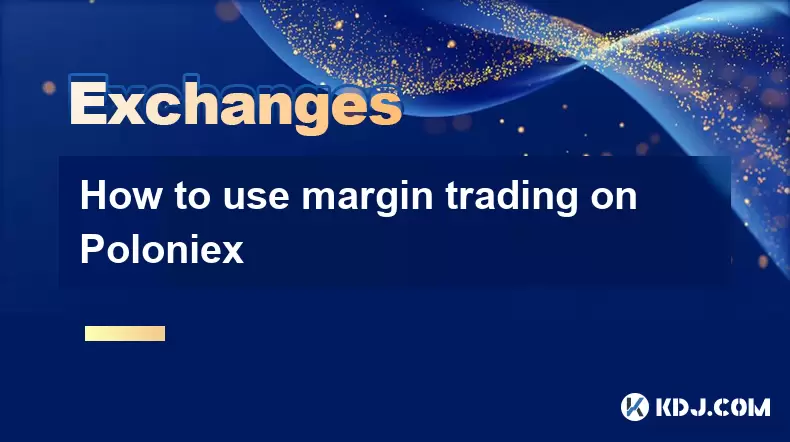
How to use margin trading on Poloniex
Aug 08,2025 at 09:50am
Understanding Margin Trading on Poloniex
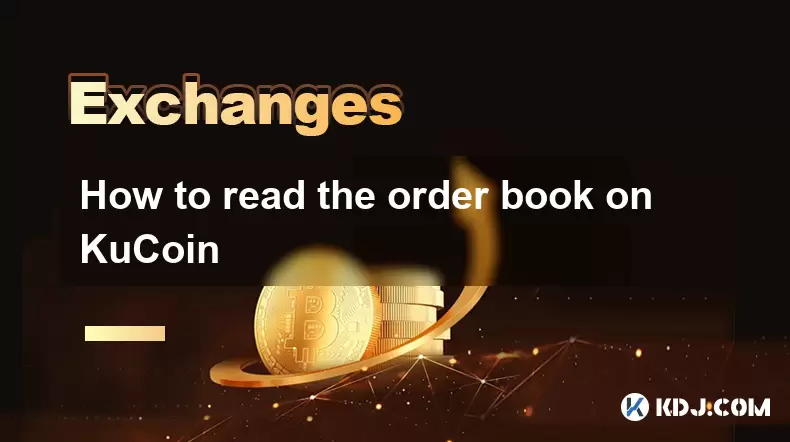
How to read the order book on KuCoin
Aug 10,2025 at 03:21pm
Understanding the Order Book Interface on KuCoinWhen accessing the order book on KuCoin, users are presented with a real-time display of buy and sell ...
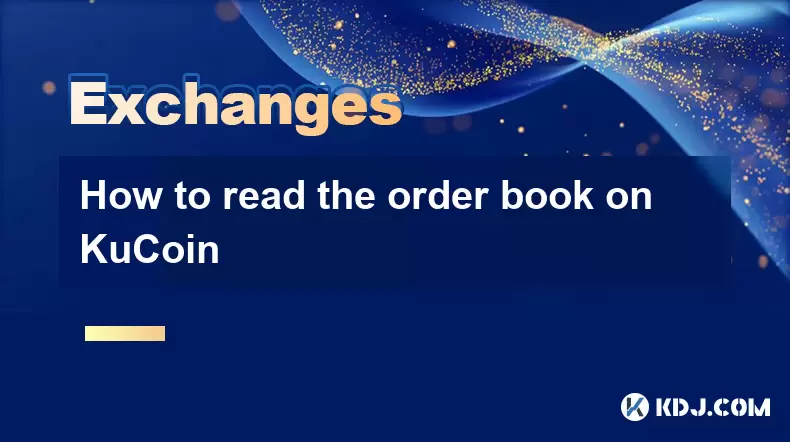
How to read the order book on KuCoin
Aug 12,2025 at 02:28am
Understanding the Basics of Staking in CryptocurrencyStaking is a fundamental concept in the world of blockchain and cryptocurrencies, particularly wi...
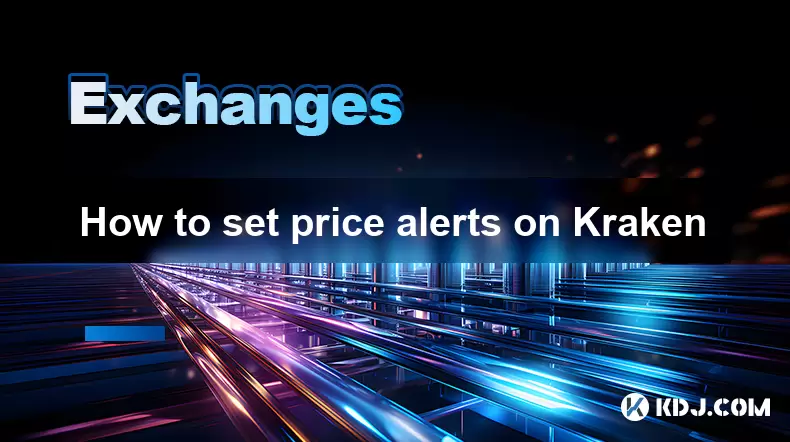
How to set price alerts on Kraken
Aug 11,2025 at 08:49pm
Understanding Price Alerts on KrakenPrice alerts on Kraken are tools that allow traders to monitor specific cryptocurrency pairs for price movements. ...

How to avoid high gas fees on Uniswap
Aug 13,2025 at 11:35am
Understanding Gas Fees on UniswapGas fees on Uniswap are payments made to Ethereum miners or validators for processing transactions on the blockchain....
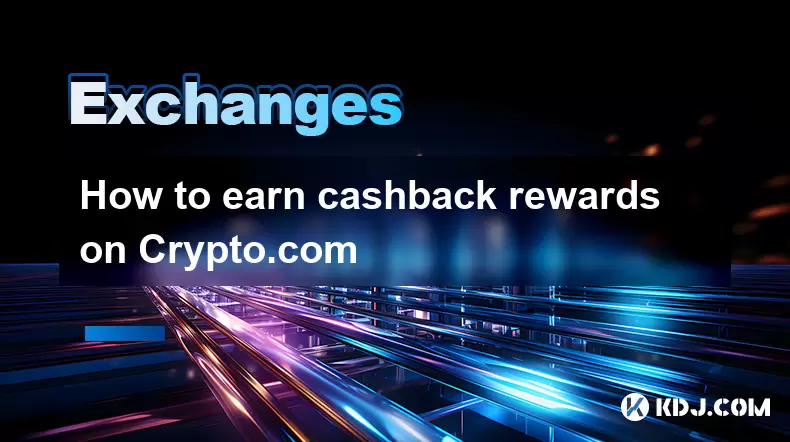
How to earn cashback rewards on Crypto.com
Aug 12,2025 at 02:08am
Understanding Cashback Rewards on Crypto.comCashback rewards on Crypto.com are a feature designed to incentivize users to spend using their Crypto.com...

How to use margin trading on Poloniex
Aug 08,2025 at 09:50am
Understanding Margin Trading on Poloniex

How to read the order book on KuCoin
Aug 10,2025 at 03:21pm
Understanding the Order Book Interface on KuCoinWhen accessing the order book on KuCoin, users are presented with a real-time display of buy and sell ...

How to read the order book on KuCoin
Aug 12,2025 at 02:28am
Understanding the Basics of Staking in CryptocurrencyStaking is a fundamental concept in the world of blockchain and cryptocurrencies, particularly wi...

How to set price alerts on Kraken
Aug 11,2025 at 08:49pm
Understanding Price Alerts on KrakenPrice alerts on Kraken are tools that allow traders to monitor specific cryptocurrency pairs for price movements. ...

How to avoid high gas fees on Uniswap
Aug 13,2025 at 11:35am
Understanding Gas Fees on UniswapGas fees on Uniswap are payments made to Ethereum miners or validators for processing transactions on the blockchain....

How to earn cashback rewards on Crypto.com
Aug 12,2025 at 02:08am
Understanding Cashback Rewards on Crypto.comCashback rewards on Crypto.com are a feature designed to incentivize users to spend using their Crypto.com...
See all articles

























































































